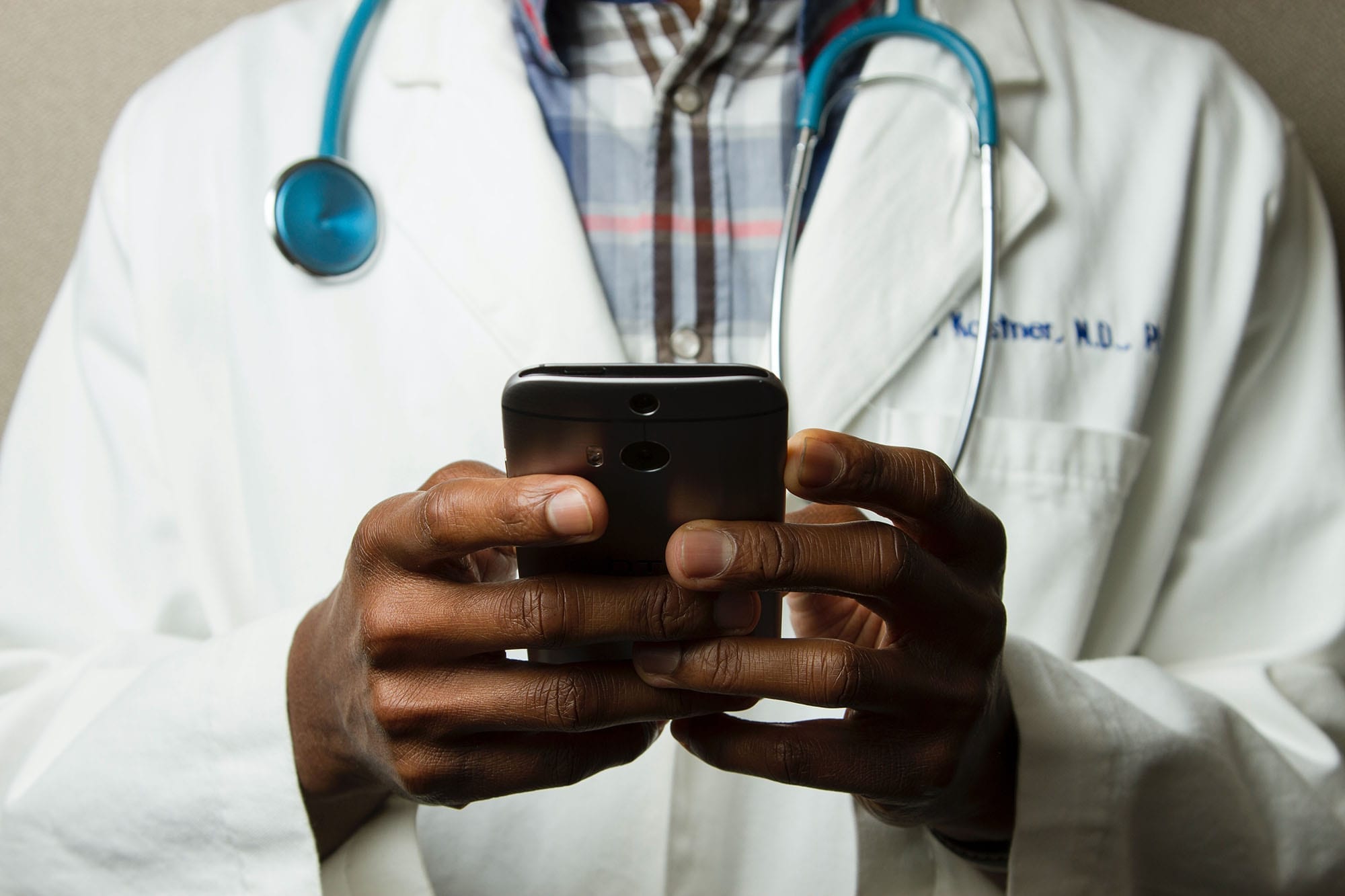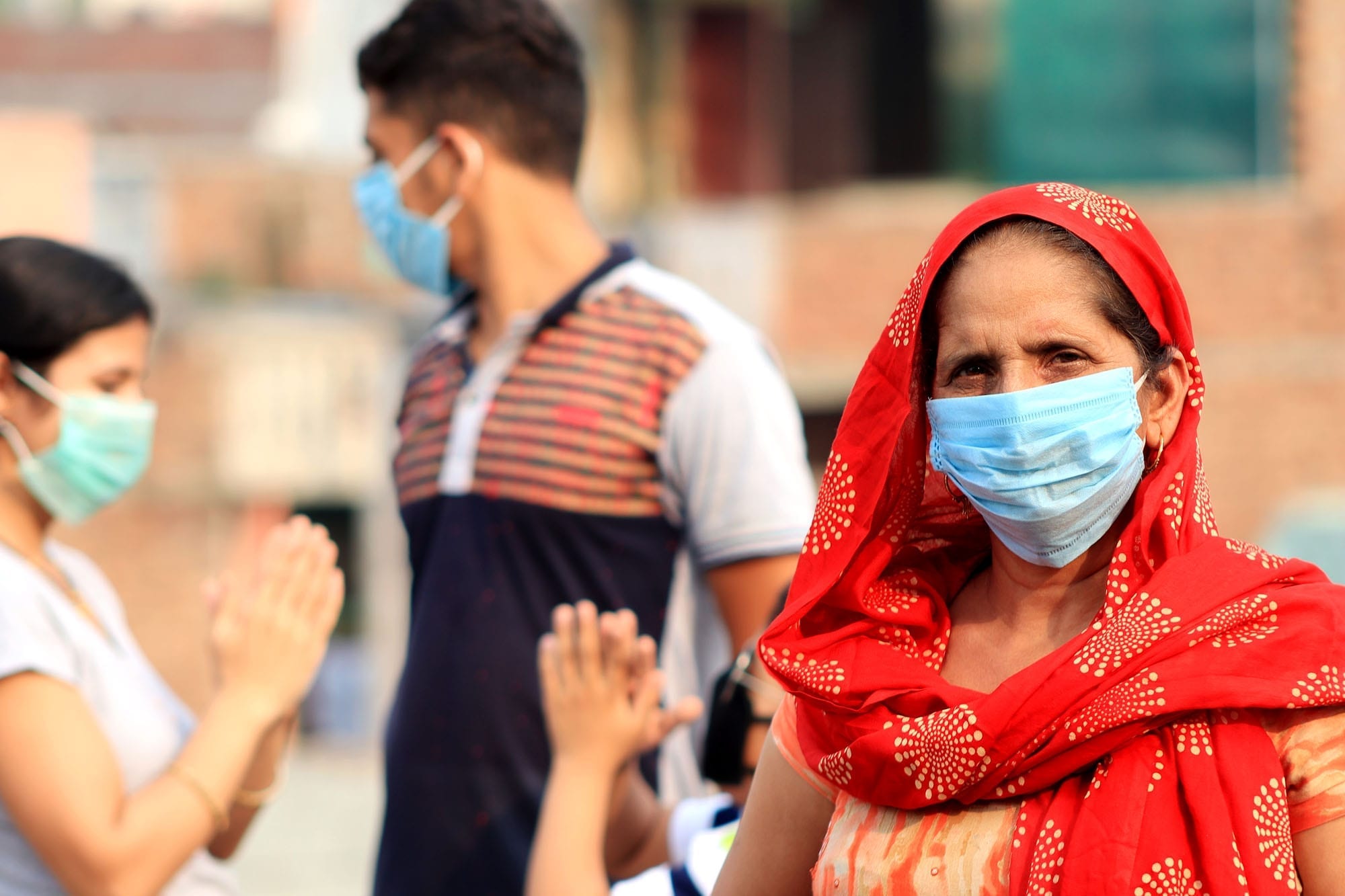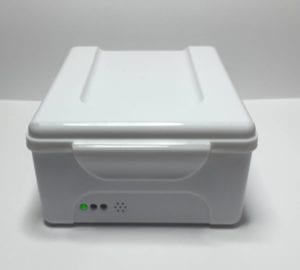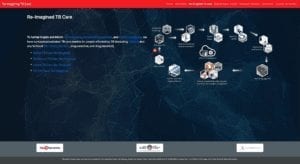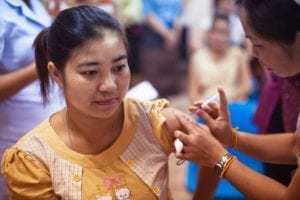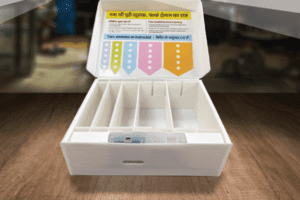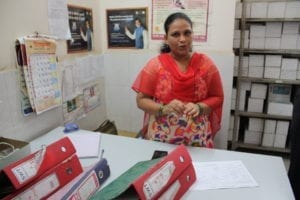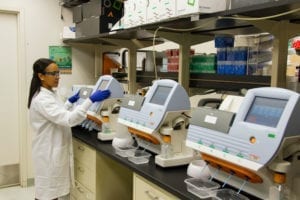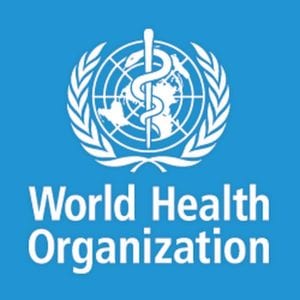We are privileged to have our work funded by incredible global health organizations. We support and ascribe to their principles around global access. These principles require learnings from grant-funded activities to be made publicly available.
We believe that our mission is too important to work in silos or hoard information. For example, it never made sense to us that people interested in TB adherence should have to aimlessly search multiple sources and piece together information for the purposes of learning and implementing projects that support the greater good. It’s a waste of time and valuable intellectual capital.
So, with our knowledge management mindset, and at our own expense, we curated resources and made readily accessible and searchable all content we feel could help others accelerate their journeys.


